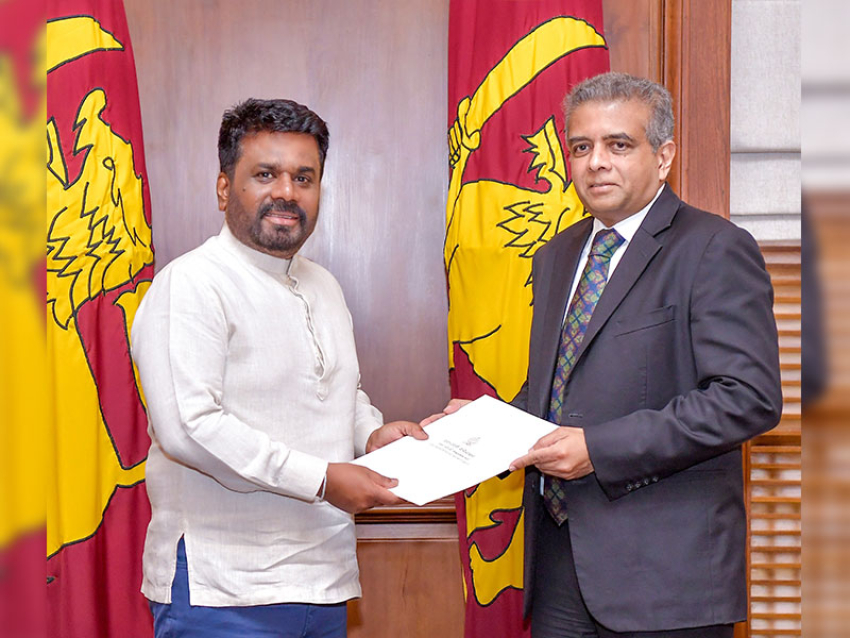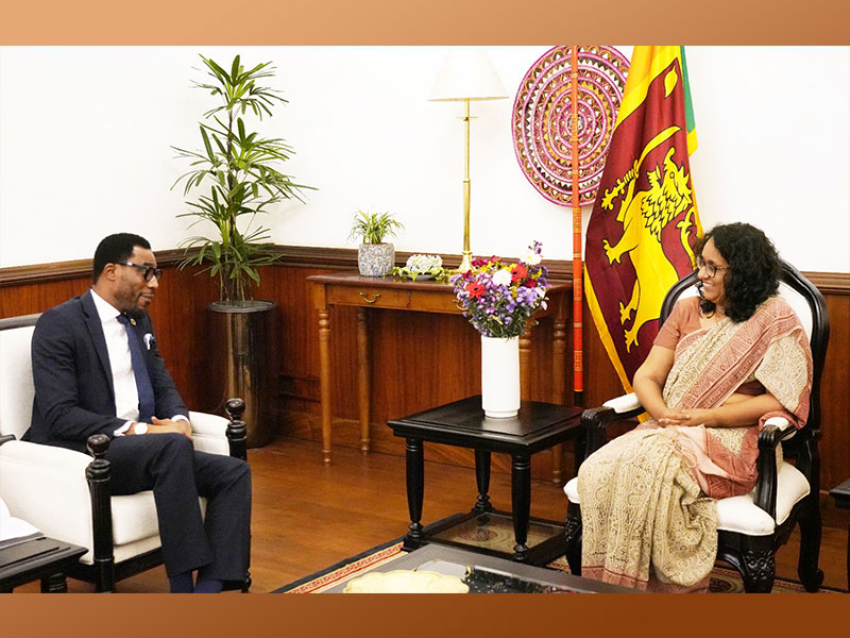This was decided at the SAARC Culture Ministers Conference which concluded here on Thursday. Finalising the cultural capitals for the next two years was part of the Delhi Resolution which was adopted at the conference while preparing a road map on cultural ties till 2017. The year 2016-17 will also be declared the SAARC Year of Cultural Heritage.
The SAARC countries also agreed to formulate proposals for transnational nominations for the World Heritage List and a regional list of heritage sites. India’s Project Mausam got a fillip as the Delhi Resolution agrees to recognise the impact and contribution of maritime routes and the monsoon as also other inland relations through centuries of trade, migration and colonialism.
In a measure aimed at promoting literature produced in local languages of the region, the Ministers decided to make them accessible to readers across the world through translations in not just English but SAARC languages.
Other areas of cooperation decided upon include promoting traditions unique to the region, digital mapping of historic sites in member countries, preparing inventories of cultural assets, preservation of folklore and other oral traditions besides a common entrance rate to monuments in the region for people from SAARC countries.



















